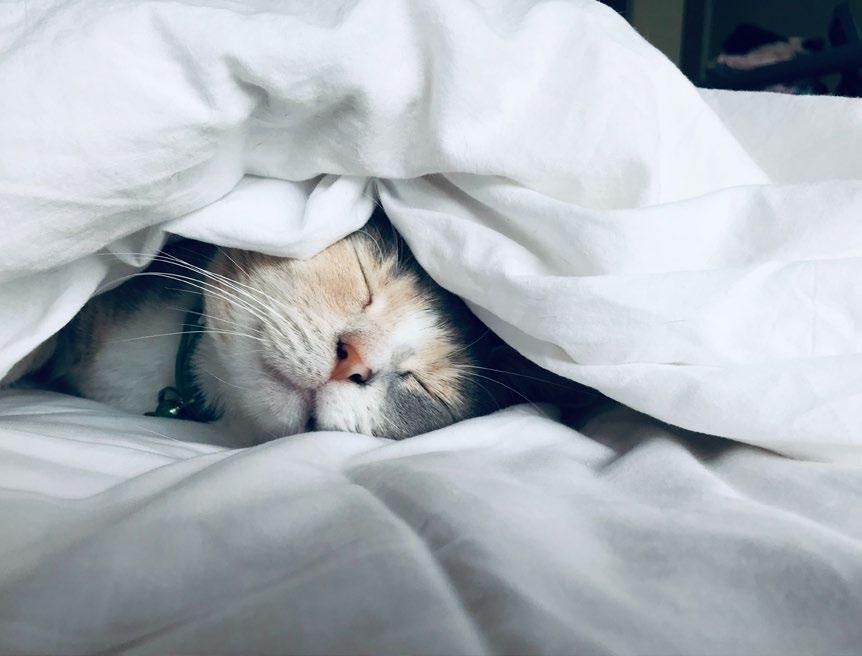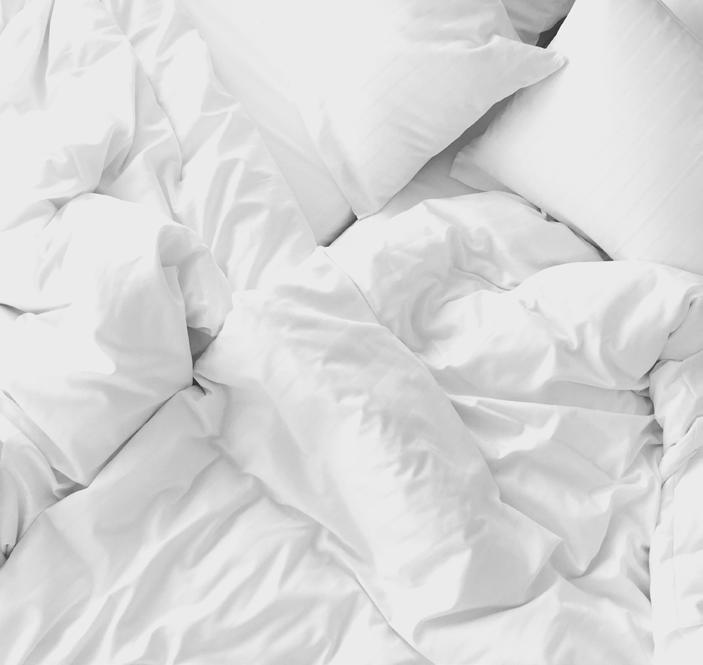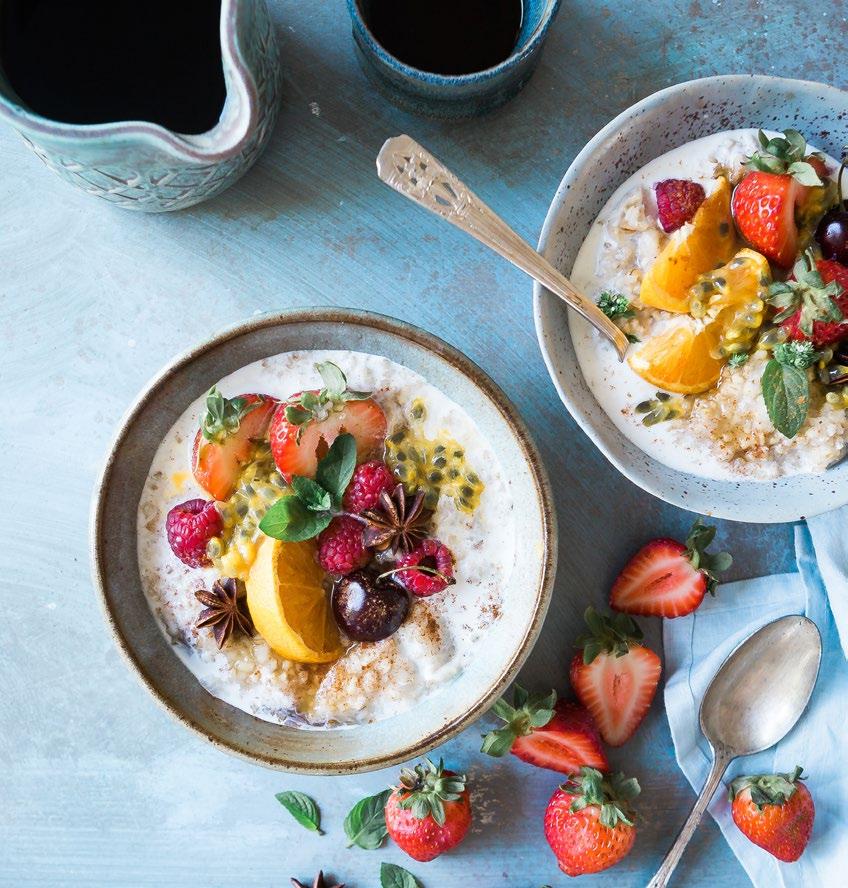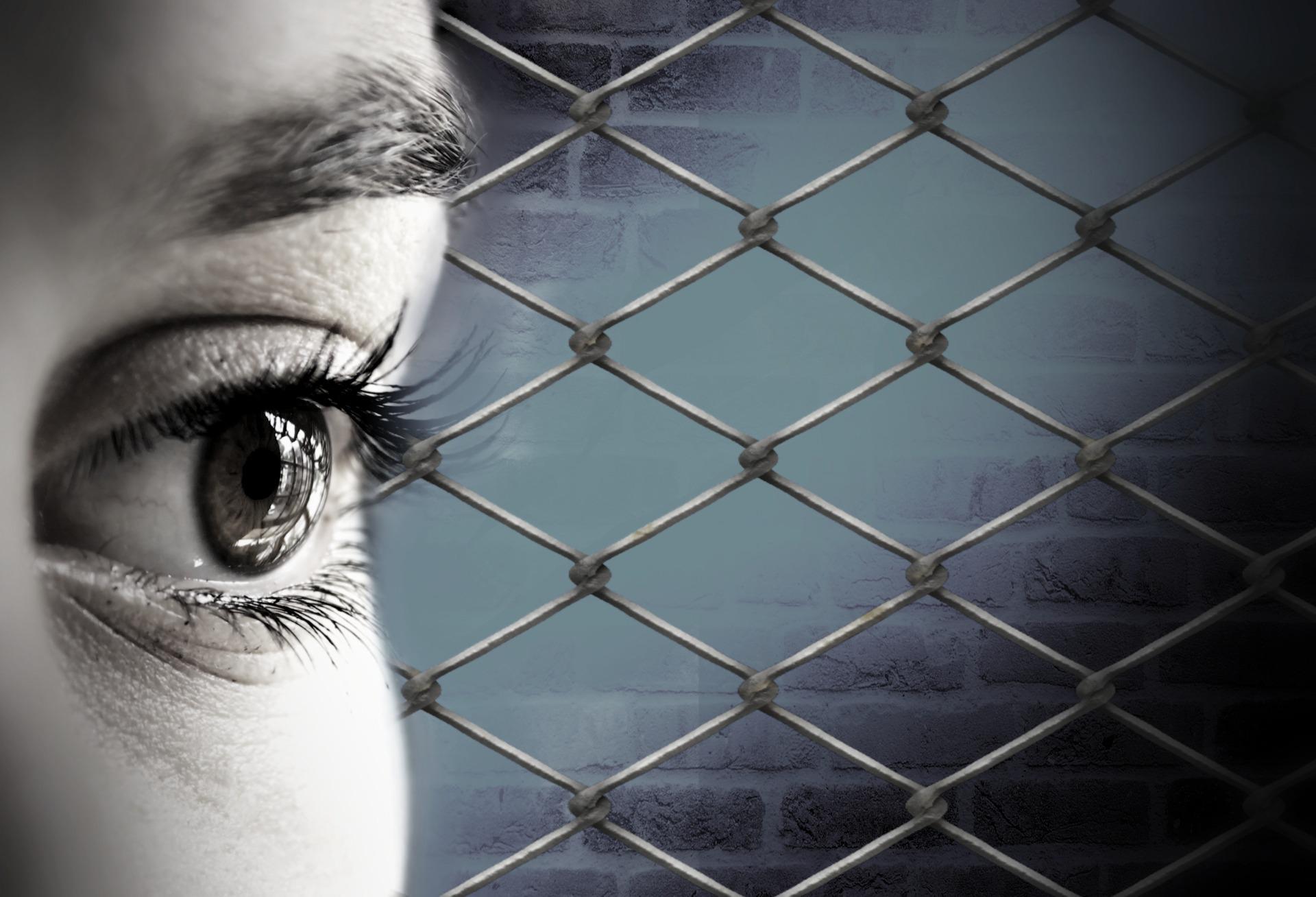
12 minute read
National Bed Month
NATIONAL
BED MONTH
Advertisement
We tend to think of sleep as a time when the mind and body shut down. But this is not the case; sleep is an active period in which a lot of important processing, restoration, and strengthening occurs. One of the vital roles of sleep is to help us solidify and consolidate memories. As we go about our day, our brains take in an incredible amount of information. Rather than being directly logged and recorded, however, these facts and experiences first need to be processed and stored; and many of these steps happen while we sleep. Overnight, bits and pieces of information are transferred from more tentative, short-term memory to stronger, long-term memory—a process called “consolidation.” How much sleep do we need? Sleep is a vital indicator of overall health and well-being. The average person spends around a third of their life asleep. In this time, our bodies are able to replenish energy stores and make repairs, while our minds organise and store the memories of the day before. The amount of sleep you need depends on your age, sex, health and other elements, and sleep cycles change as we grow older. Most of us know that getting a good night’s sleep is important, but too few of Throughout March it’s National Bed Month – a whole month dedicated to learning about the importance of a good night’s sleep and how to improve your kip with a comfortable, supportive bed. W ho doesn’t love a full, uninterrupted night’s sleep? If you find you’re struggling to get to sleep or you’re waking up at 4 am because the springs in your bed are uncomfortable then fear not as March is National Bed Month and we’re here to tell you how important it is to get a full night’s sleep and what you should be doing to ensure you really do get your beauty sleep. Organised by The Sleep Council, the month aims to remind us all of why a sound sleep is good for our health. It’s thought that good sleep has amazing properties that make you healthier and happier, and can even add years to your life! In 1988, a groundbreaking study found that by switching an uncomfortable old bed to a lovely new one meant an extra 42 minutes of sleep! It might not seem like much, but 42 minutes could be the difference in your mood for the rest of the day. But why do we sleep? It may at first seem glaringly obvious, but the question of sleep is actually quite mysterious. In simple terms, it is an extended bout of rest we experience on a daily basis, where we most often lay down with our eyes closed. But there’s more to sleep than meets the eye. us actually make those eight or so hours between the sheets a priority. For many of us with sleep debt, we’ve forgotten what “being really, truly rested” feels like. Healthy sleep is critical for everyone since we all need to retain information and learn skills to thrive in life. But this is likely part of the reason children - who acquire language, social, and motor skills at a breathtaking pace throughout their development - need more sleep than adults. While adults need 7-9 hours of sleep per night, one-year-olds need roughly 11 to 14 hours, school-age children between 9 and 11, and teenagers between 8 and 10. During these critical periods of growth and learning, younger people need a heavy dose of slumber for optimal development and alertness. To determine how much sleep you need, it’s important to assess not only where you fall on the “sleep needs spectrum,” but also to examine what lifestyle factors are affecting the quality and quantity of your sleep such as work schedules and stress. How can you improve your sleeping habits? To begin a new path towards healthier sleep and a healthier lifestyle, begin by assessing your own individual needs and habits, you need to test how you respond to different amounts of sleep.


Pay careful attention to your mood, energy and health after a poor night’s sleep versus a good one. Ask yourself, “How often do I get a good night’s sleep?” Like good diet and exercise, sleep is a critical component to overall health.
If you’re having trouble sleeping, one of the first things to consider is your bedroom. In order to get a restful night’s sleep, you need the right setting, which means a clean, peaceful and welcoming room. Many of us are unknowingly sleeping in a bedroom that’s simply not fit for purpose, and that environment could be the key cause of a restless night.
Always ensure that when it’s time for sleep you make your room completely dark, this means investing in some blackout blinds or curtains or even an eye mask.
Say no to technology in the bedroom! That means avoiding televisions and computers. Having access to these will urge you to switch on when you can’t drift off, which in turn can lead to even more disturbed sleep.
Your Bed
The foundation of a great night’s sleep is a comfortable bed. The right mattress can make a huge difference between a restful and restless night, saving you from fatigue and irritability for the rest of the day. An unsupportive mattress will encourage a poor sleeping posture, which prevents you from a good sleep. If you regularly wake up with aches and pains, it’s probably time to change your mattress.
There’s a huge amount of choice on the bed market, which can make selecting the right one difficult. But one thing is for sure, the right support is crucial. If your bed is too hard or soft, it will be uncomfortable and unsupportive. Your mattress should be firm enough to support your spine in the correct alignment while conforming to your body’s contours. Investing in a good mattress isn’t something to take lightly, but quality should always be above price. And remember ALWAYS try before you buy!
Your Lifestyle

The 21st-century lifestyle is typically fast-paced, chaotic and jam-packed with technology. From the moment we wake up we switch on our brains with smartphones, and as our day progresses, we’re presented with even more triggers.

The continuous content that’s fed from TV and radio, real-time social feeds and our constant checking of emails all make for a non-stop stimulation… It’s no wonder that many of us can’t switch off or fall asleep, then struggle to wake up in the morning and spend a lot of time complaining “I can’t sleep!” or “I had the worst night’s sleep!”.
There are simple ways to adjust your lifestyle to promote a better night’s sleep. These minor changes will help you to wind down and relax, removing you from the hectic, technology-crammed world that we live in.
For starters, switch off your tech a couple of hours before bedtime – that includes your phone! Pick up a good book and get stuck into it rather than checking how many likes your latest post on Instagram got! Another thing that’ll be sure to help you sleep better is avoiding drinking alcohol or caffeine before bed, opt for water as a healthier option to quench your thirst. One way to ensure you sleep well at night is to stop napping during the day, if you got a good night’s sleep then you wouldn’t need to nap!
Stress and Worry
Scientists have found a direct correlation between anxiety and the rhythm of sleep. When a person is anxious, their heart rate increases, which causes the brain to ‘race’. An alert mind produces beta waves, making you far too stimulated to sleep. To make matters worse, an active brain triggers other worries, so it’s even harder to achieve sleep. eat after 6 pm, as late meals can make it difficult to sleep. However, if you are eating before bed, remember that there three main chemicals that promote good sleep: tryptophan, serotonin and melatonin.

Excercise
Sports and exercise can help you to enjoy a better quality of sleep. Working out effectively can tire your body out gently, promoting a better night’s sleep. Releasing pent up tension through exercise is also highly beneficial, helping to banish stress before bedtime. Exercising also lowers your body’s temperature, which induces better sleep.
When it comes to exercise, the most important thing is to feel fitter and healthier. If you are experiencing sleeping problems, try to exercise a little more or change the type of activities you do. Yoga is renowned for its relaxation and sleep benefits, while moderate-aerobic exercise like walking has been found to help people fall asleep more quickly.
But remember, don’t overdo it! Contrary to popular belief, wearing yourself out physically is not likely to induce sleepiness. In fact, it can often be counter-productive, leading to additional alertness when trying to sleep.
For some people getting a good night’s sleep is easy and normal, for other’s it requires changes in both lifestyle and environment.
Once this pattern sets in, bedtime can become a thing of anxiety. To help with anxiety and stress, consider visiting your local GP to find ways to help combat your stress.
Diet
They say you are what you eat, and when it comes to getting a restful night’s sleep, the food and drink you consume have a drastic effect. The best foods for sleep include milk, cherries, chicken and rice, while fatty meat, curry and alcohol are some of the worst. Some people choose not to Remember, it’s all about being aware of your surroundings and your lifestyle, small changes will make a huge difference in how you sleep. Start with sticking to a sleep schedule every day of the week (that’s right - weekends too) and then eliminate anything else that may be causing you problems sleeping to reach your ultimate goal... a full, uninterrupted night of beauty sleep.
guide
Your guide to the films hitting cinemas this month

THE WAY BACK

Starring - Ben Affleck, Michaela Watkins, Al Madrigal

Starring - Julia Louis-Dreyfus, Chris Pratt, Tom Holland
Set in a suburban fantasy world, Disney Pixar’s Onward introduces two teenage elf brothers, Ian (Tom Holland) and Barley (Chris Pratt) Lightfoot, who go on an extraordinary journey to discover if there is still a little magic left out there in order to spend one last day with their father, who died when they were too young to remember him. Released: 6th March
TROLLS: WORLD TOUR

Starring - Anna Kendrick, Justin Timberlake, Rachel Bloom, James Corden, Mary J. Blige, Kelly Clarkson, Ozzy Osbourne
After a high school basketball phenomenon walked away from the game, his life came crashing down. Now a construction worker, Jack’s life has tragically spiralled out of control in the years since he abandoned the sport. Drowning in alcoholism and struggling to save his marriage, he’s a shadow of what he could have become. Years later, he’s approached to coach his old team. But he’ll never set his life back on course for glory unless he can find the strength to confront his demons. Released: 13th March
MULAN

Starring - Yifei Liu, Donnie Yen, Jet Li
When Poppy discovers there are other Troll tribes scattered across the land, each dedicated to a different music genre, she also learns about a devastating plot that will threaten the balance of the entire world. Determined to put a stop to the Queen’s devastating plan, Poppy must figure out a way to bring each of the tribes together and unite all of the musical styles. But with the Rock Trolls gaining more power by the day, it might be too little too late… Released: 20th March
PETER RABBIT 2

Starring - James Corden, Margot Robbie, Daisy Ridley, Rose Bryne, David Oyelowo, Elizabeth ebicki, Domhnall Gleeson
When the Emperor of China issues a decree that one man per family must serve in the Imperial Army to defend the country from Northern invaders, Hua Mulan, the eldest daughter of an honoured warrior, steps in to take the place of her ailing father. Masquerading as a man, Hua Jun, she is tested every step of the way and must harness her inner-strength and embrace her true potential. Released: 27th March
Peter Rabbit and his bunny buddies are back, along with Bea and new husband Thomas McGregor. But Peter is tired of his reputation for mischief and runs away from the countryside where he bumps into an old, adventure-loving friend of his father’s, Barnabas. With the temptation of a rebellious lifestyle guided by Barnabas on one side and the comfort of home, friends and family on the other, Peter must choose the identity he wants. Released: 27th March
You don’t need to be at your lowest to seek help. You are 1 in 4 of us will experience mental health issues this year. Never Alone.















spread awareness, donate, get involved... visit: www.mentalhealthawareness.org.uk “We support chosen charity partners who are actively practising consultancy and research to make a change by providing support, mental analysis and improving results.”










